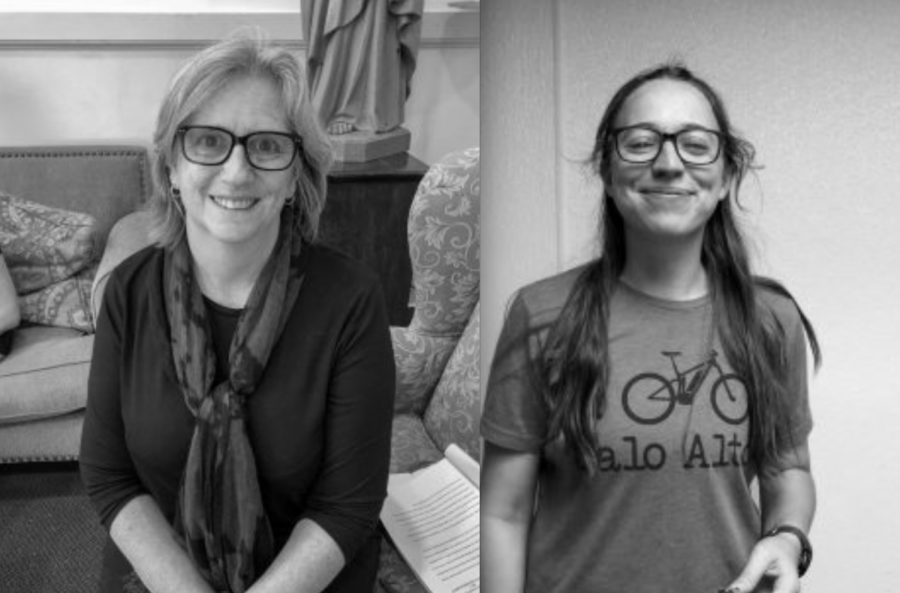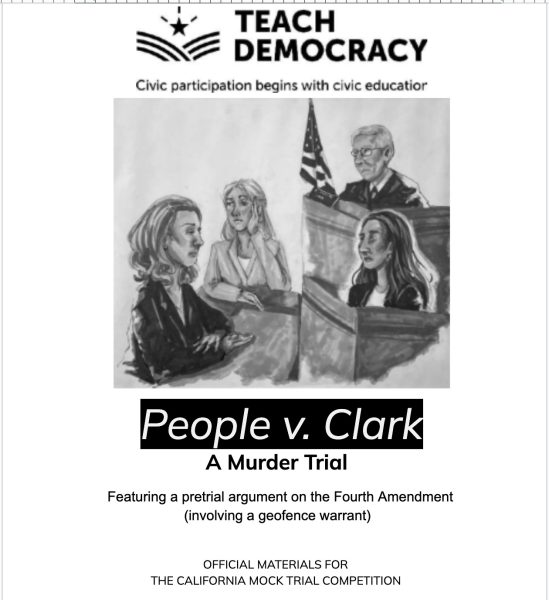Brexit: A conversation with NDB’s expats
The UK is due to leave the European Union on October 31, 2019. With the media full of stories about Brexit, Parliament, the Prime Minister, and more, The Catalyst sat down with some teachers at NDB who are experts on the subject to gain a clearer understanding of what is going on. Clare Wadbrook and Abigail Vega were interviewed and shared their perspectives on and understanding of Brexit overall. Dr. Elizabeth Hegarty declined to comment on this issue due to its divisive nature.
Wadbrook was able to provide a clear and brief explanation of this complex, multi-dimensional issue. “So in the 70s, Britain joined the European Union… a lot of people thought it was a very bad idea, but it meant that, as in America, they have few trade borders between the states which allows free movement of goods and lack of tariffs, and it makes life a lot easier- makes them in a very, very powerful force” she shared.
She was asked to elaborate on the two sides of the issue. “A lot of people got very upset for many reasons about that or wanted to remove Britain from European Union. One of the reasons was that they had lots of rules, and rules because they go over the whole of Europe were to keep people safe, but they felt that it was bureaucracy gone mad. There are people that were not really elected but had been appointed, and Europe had a lot of control over a sovereign state that it should have. Other people felt very differently, particularly since they were very large trading block. Like America, like Asia, and [they] felt that Britain should be part of that, as the third biggest economy in the world… it was very clear demographics that chose one way or the other,” she said.
Wadbrook continued by illuminating some of the deception that has been involved in this complex issue, discussing “a campaign three years ago, where people on both sides distorted the situation… Very clearly, there was a lot of manipulation. Some people think from Russia, as well as from Cambridge Analytica, which is a data mining company that distorted the referendum- which was very, very close- saying that we should leave.” However, after Britain chose to leave the EU, “it became a reality as people began to worry about what if we no longer have free boundaries, borders about what’s coming?”
When asked about the major political figures involved in this issue, Wadbrook responded that the Prime Minister, Boris Johnson; Jeremy Corbyn, the leader of the opposition; and Nigel Farage, leader of the Brexit party and former head of a fascist organization, are key figures to watch.
Both Wadbrook and Vega maintained that this is a divisive issue, and both shared that they have experienced this within their own families. “My family has been divided by it… I do know members of my family find it very difficult to communicate with other members of my family because they voted differently. And they feel that the vote that they made was irresponsible, has plunged the country into chaos, and that it’s an absolute disaster and terrifying. So it is very divisive… to me, the biggest tragedy is that politics has become so divisive,” Wadbrook said.
Vega shared this sentiment. “My family, we don’t have political conversation so that we don’t argue about it. But on the morning when Brexit was voted for, I spoke to my sister on the phone and we both cried when we found out about it [passing]… I know, all my siblings, very much like remained upset about it, but I avoid having that conversation with the older generations,” she shared.
Brexit may seem complex and foreign to American students, but it provides an example of both how similar, yet different foreign governments are to their own.

Parker Daley is a senior at Notre Dame Belmont, has served as a Staff Writer and News Editor for The Catalyst, and is currently Editor in Chief. She is...






